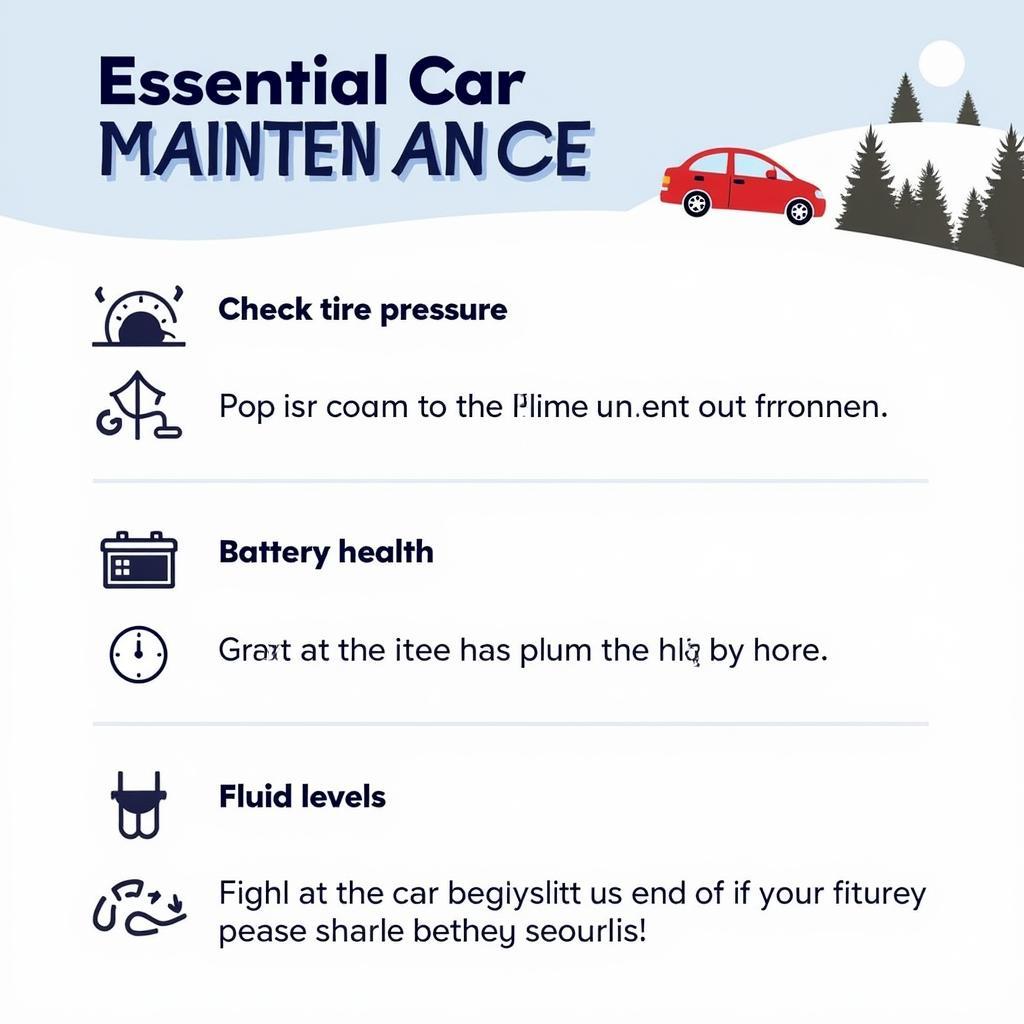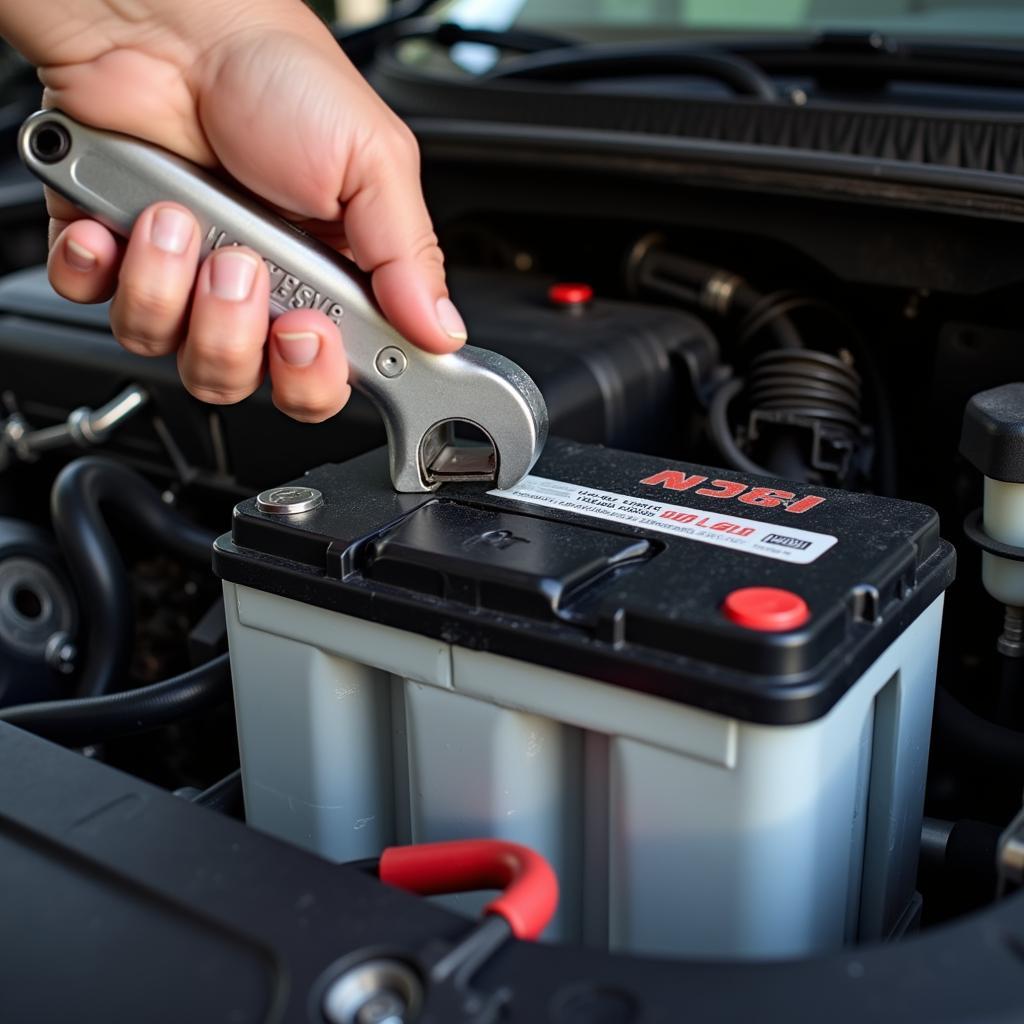When your car breaks down, it can feel like the world is ending, especially if you’re unfamiliar with auto repair. This guide aims to empower car owners, mechanics, and technicians with the knowledge to diagnose and address common car problems, offering practical solutions and expert insights.
Understanding Your Car’s Warning Signs
Ignoring minor car problems can lead to significant issues down the road. Recognizing early warning signs is crucial for preventative maintenance and avoiding costly repairs. Is your car making strange noises? Are there unusual smells? Does it feel different to drive? These can all indicate underlying problems.
Common Car Problems and Their Solutions
- Engine Problems: Difficulty starting, rough idling, or loss of power can signal issues with the spark plugs, fuel filter, or even more serious engine damage. Regular maintenance, including oil changes and tune-ups, can prevent many of these issues.
- Brake Issues: Squeaking, grinding, or a soft brake pedal are signs of brake problems. Brake pads wear down over time and require replacement. Ignoring these signs can compromise your safety.
- Electrical System Malfunctions: Flickering lights, a dead battery, or problems with the starter motor can indicate electrical issues. A faulty alternator or corroded battery terminals are common culprits.
- Transmission Troubles: Slipping gears, rough shifting, or a whining noise can point to transmission problems. These can be complex and often require professional attention.
- Suspension and Steering Problems: A bumpy ride, difficulty steering, or uneven tire wear can indicate problems with the suspension or steering system. Shocks, struts, and tie rods are components that require periodic inspection and replacement.
“Regular maintenance is like brushing your teeth for your car. It prevents small problems from turning into major headaches,” says Alex Johnson, a certified automotive technician with over 20 years of experience.
DIY Car Maintenance: Simple Steps to Keep Your Car Running Smoothly
Performing basic car maintenance tasks yourself can save you money and keep your car in optimal condition.
- Check Your Fluids: Regularly check your engine oil, coolant, brake fluid, power steering fluid, and transmission fluid levels. Top them off as needed.
- Inspect Your Tires: Check your tire pressure monthly and rotate your tires every 5,000 to 8,000 miles. Look for signs of uneven wear or damage.
- Replace Your Air Filter: A dirty air filter can reduce fuel efficiency and engine performance. Replace it every 12,000 to 15,000 miles.
- Change Your Wiper Blades: Worn wiper blades can impair visibility in inclement weather. Replace them every six months to a year.
“A little preventative maintenance can go a long way in extending the life of your car and saving you money on repairs,” advises Sarah Miller, a seasoned automotive engineer.
When to Seek Professional Help
While some car problems can be addressed with DIY solutions, others require the expertise of a qualified mechanic. If you are unsure about the cause of a problem or lack the tools and experience to fix it yourself, it’s best to take your car to a reputable repair shop.
“Don’t hesitate to seek professional help if you’re experiencing complex car problems. A qualified mechanic can diagnose the issue accurately and perform the necessary repairs to get you back on the road safely,” emphasizes David Lee, a certified master mechanic.
Conclusion: Keeping Your Car in Top Shape
Maintaining your car doesn’t have to be a daunting task. By understanding common car problems and practicing preventative maintenance, you can keep your vehicle running smoothly for years to come. For any car-related questions or assistance, feel free to connect with us at AutoTipPro. Our team of experts is ready to help.
Call us at +1 (641) 206-8880 or visit our office at 500 N St Mary’s St, San Antonio, TX 78205, United States.






Leave a Reply